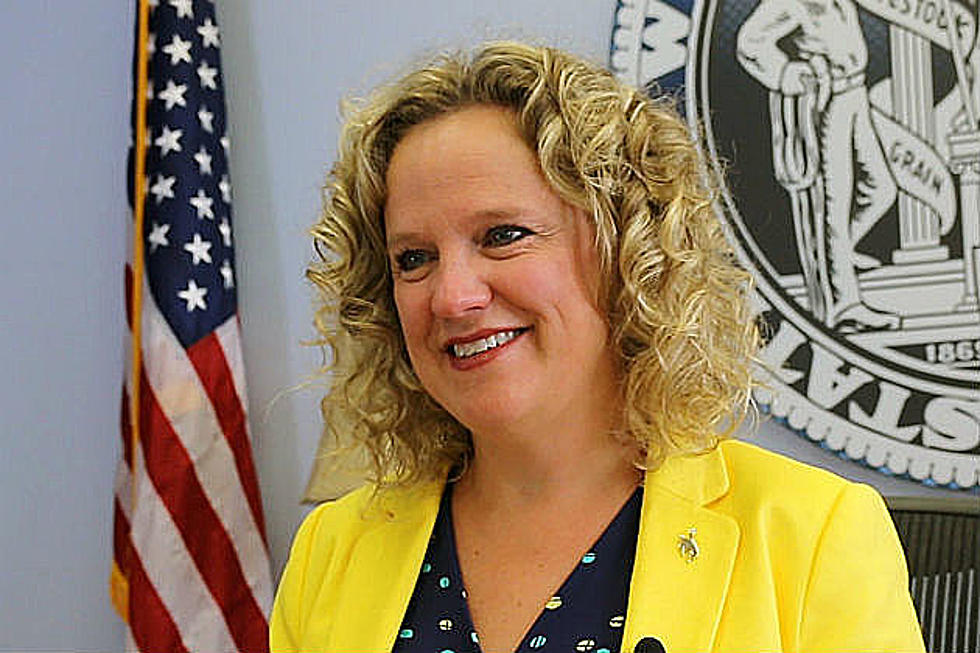
Balow Testifies in Washington
State Superintendent Jillian Balow testified today at a legislative hearing on the Certainty for States and Tribes Act held by the U.S. House Committee on Natural Resources, Subcommittee on Energy and Mineral Resources, in Washington, D.C.
Balow said in a letter to the committee: “Since 2003, Wyoming has spent more than $3 billion from federal mineral royalties, taxes, and fees for school construction or renovation, improving the educational environment for over 100 schools and touching each one of Wyoming’s counties… In addition, approximately twenty five percent of our school operational budgets rely directly on federal mineral royalties... Wyoming is not alone in facing budget shortfalls for education and other essential government services due to the current downturn in energy production. States across the country, and particularly in the West, are being forced to make difficult decisions about budgets.
“Reinstating the Royalty Policy Committee is one straight-forward, common sense way to improve communication between States and the Federal Government. In addition, through the creation of the State and Tribal Resources Board, those states and tribes most dependent on royalty revenue from oil, gas, and coal will be provided greater opportunity to report on the impact of changes to royalty policy and be allowed additional time, if needed, to prepare for any reductions to critical services, including education funding.”
H.R. 5259, the Certainty for States and Tribes Act, would reconstitute the Department of
the Interior’s Royalty Policy Committee, which was established in 1995 to advise the Secretary on royalty management issues, as well as other mineral-related policies. In addition, the bill would create a “State and Tribal Resources Board” to assess the economic impact of proposed policies and regulatory changes on state and tribal budgets and governmental services, which are often supported by revenues from mineral production. The bill is intended to create an open and transparent process to ensure a fair return to the American taxpayer and to ensure that states relying on proceeds from federal land are treated fairly.
More From K2 Radio









